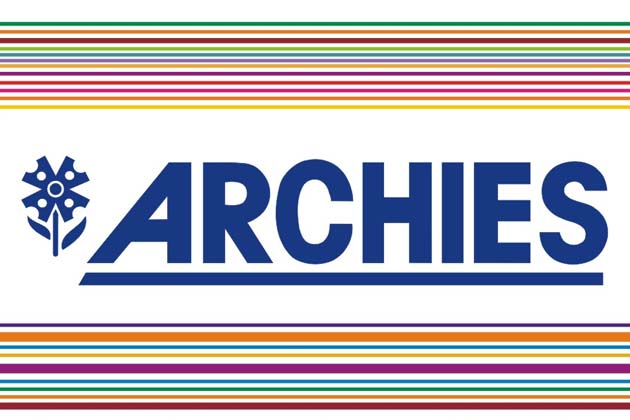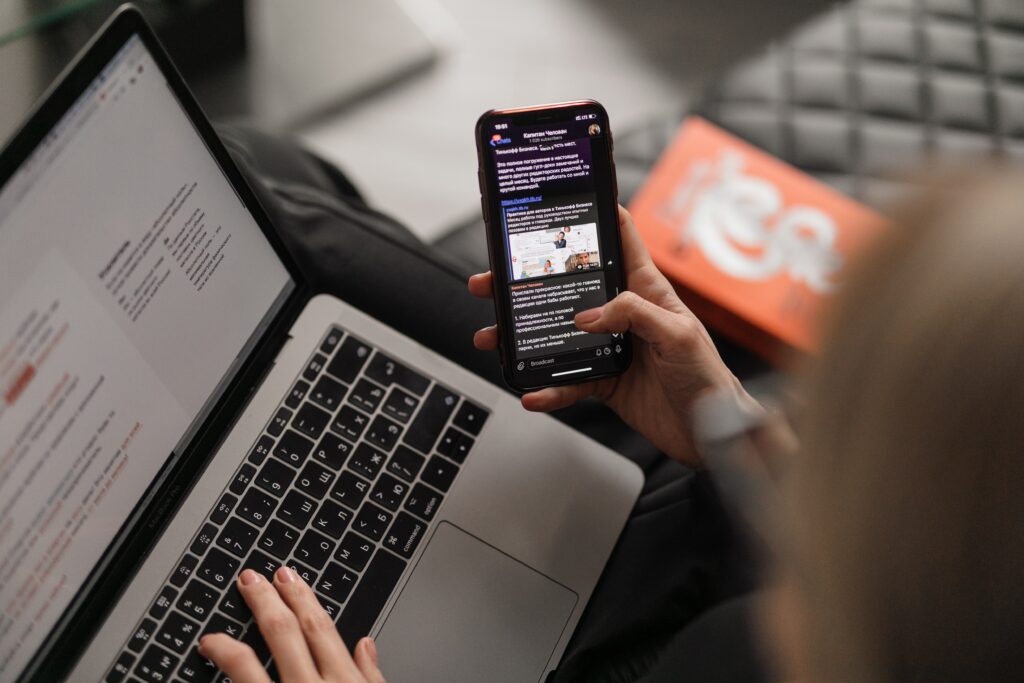From Cart to Counter: Why 3 Minutes Feels Longer Than 3 Hours in a Supermarket

Delays at the checkout counter disturb shoppers’ mental flow, symbolising a shift from exploration to completion.
The paradox of people spending three hours shopping in a supermarket but refusing to wait five minutes at the billing counter can be explained through psychological factors, perception of time, and behavioural economics.
Perceived Productivity and Purpose
- Shopping as an Activity: People feel they achieve something when choosing products, comparing prices, or discovering new products and brands. The activity feels productive and self-directed, giving a sense of control.
- Billing as a Passive Task: However, waiting in line at the billing counter feels like you need more time. There’s no action to take—just standing and waiting—leading to impatience and frustration.
Psychology Insight: Humans dislike situations where they feel unproductive, as waiting without activity elicits a sense of wasted time.
Expectation vs. Reality
- People gladly set aside time to browse aisles and make selections because they psychologically prepare themselves for a lengthy process while shopping.
- The threshold for expectation is changed at the point of sale. Customers would like a quick checkout. A delay disrupts their intended timeframe, leading to frustration.
Behavioural Principle: The actual waiting duration is less of a factor than people’s expectations being disappointed. This is why tolerating long, expected chores is possible, while manageable delays caused by unforeseen circumstances are unbearable.
The “End-of-Journey” Effect
- The last step of the shopping experience is waiting in line at the checkout counter to pay. People are exhausted, irritated, and eager to depart at this point.
- On a psychological level, delays are more upsetting following an enjoyable event. Frustration is amplified by any additional wait time at this stage.
Loss Aversion
- Customers feel they’re losing time when they have to wait, making them sensitive to perceived losses. They still feel valued since they actively participated, even after spending hours shopping.
- The human brain is hardwired to oppose loss of control and independence, and a 3-minute wait at the billing counter seems like that.
Attention and Boredom
Shoppers need reminders that time is ticking since products, colours, and decisions easily sidetrack them.
- There are fewer interruptions when waiting at the counter, so time flies by.
Time Perception: Idle time is perceived as longer than active time due to a lack of engagement.
Conclusion
This behaviour exemplifies how people think about and deal with control and time. Unlike waiting, which is perceived as passive and annoying, shopping is viewed as active and rewarding. Shoppers experience a disruption to their mental flow when they encounter delays at the checkout counter, symbolising a change in purpose from exploration to completion. When stores know this, they may develop innovative ways to make customers feel like they don’t have to wait, such as self-checkout kiosks, expedited lanes, and mobile payment alternatives.



